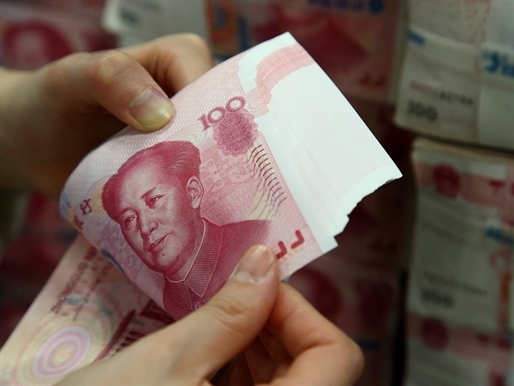|
SBV widens forex trading band. What’s next?
Economists have
repeatedly urged the State Bank of

“
According to This has made the dong, which is closely pegged to the dollar, become stronger against than other currencies. Regarding the time for the dong devaluation, Thanh said it should be done ‘as soon as possible’. “The State Bank’s commitments to stabilize the dong/dollar exchange are really conservative and unreasonable, and more importantly, it will lead the national economy to a serious imbalance, while macroeconomic uncertainties will occur soon,” he said. Nguyen Tri Hieu, a banking expert, also thinks that Meanwhile, Bloomberg quoted Adam McCarty, chief economist of Mekong Economics Company in The expert commented that devaluing the dong will be good for Bloomberg also quoted Fiachra MacCana, managing director of the HCM City Securities Company, as saying that the central bank may ‘take action’ in response to the Chinese yuan devaluation, and it is possible that the dong will be devalued by one percent more by end of the year. Meanwhile, Truong Van Phuoc, deputy chair of the National Finance Supervisory Council, tried to calm the public by saying that there was no need to panic about the Chinese yuan devaluation. Phuoc, in an interview with VnExpress, said the Chinese currency would not depreciate further and would appreciate again soon. Phuoc said the deficit in trade with Kim Chi, VNN |
Thứ Tư, 19 tháng 8, 2015
Đăng ký:
Đăng Nhận xét (Atom)
Không có nhận xét nào:
Đăng nhận xét